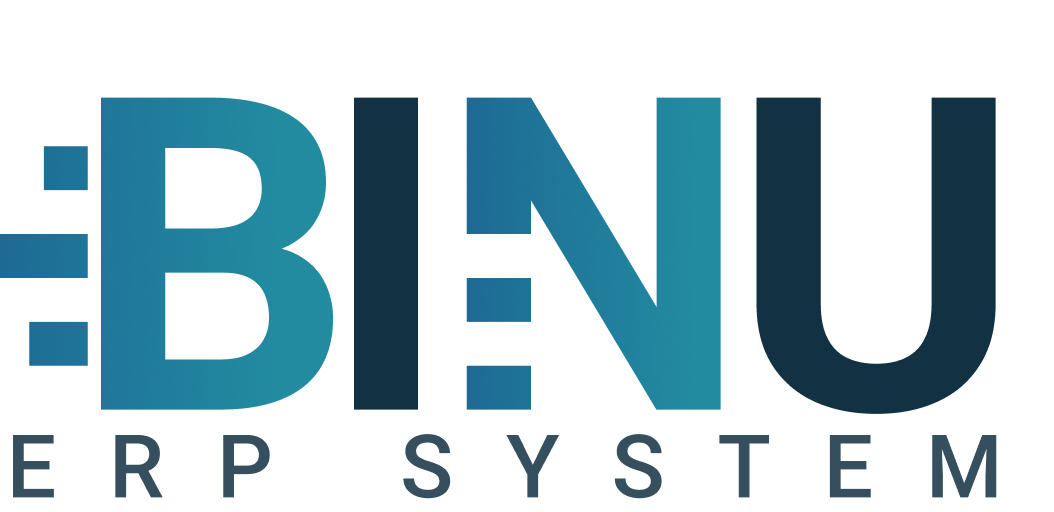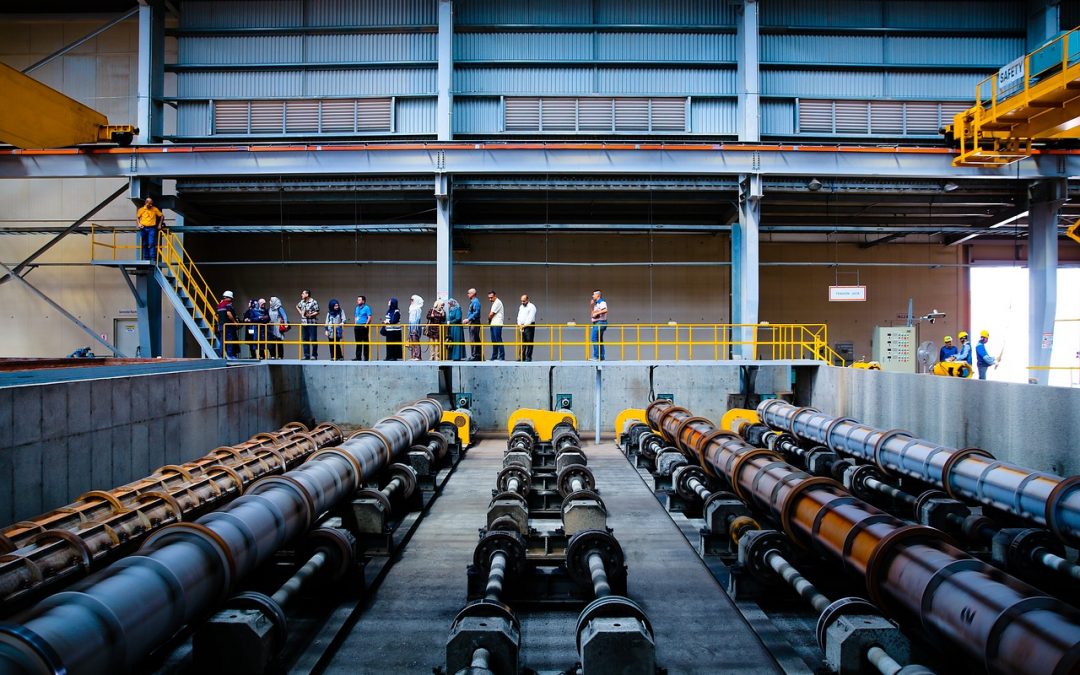Manufacturing is a complex and dynamic industry requiring seamless coordination of various functions, including procurement, production, inventory management, and sales. Operating without an ERP (Enterprise Resource Planning) system can severely impede a manufacturer’s efficiency and growth. Here are the biggest challenges manufacturers face without an ERP system:
- Inefficient Workflow and Data Silos
Without an ERP system, data is often stored in disparate systems or spreadsheets, leading to data silos. This fragmentation results in inefficient workflows, as employees must manually consolidate data from multiple sources. This manual process is time-consuming and prone to errors, making it challenging to have a cohesive overview of the entire operation. - Lack of Real-Time Information
Manufacturing operations thrive on real-time data to make informed decisions. Without an ERP system, accessing up-to-date information can be difficult, leading to delayed decision-making. Real-time insights into inventory levels, production schedules, and order statuses are crucial for maintaining efficiency and meeting customer demands promptly. - Poor Inventory Management
Effective inventory management is critical in manufacturing to prevent overstocking or stockouts. Without an ERP system, tracking inventory accurately becomes problematic. This can lead to increased carrying costs or lost sales due to insufficient stock. Additionally, manual inventory tracking can result in errors, further complicating inventory management. - Ineffective Production Planning and Scheduling
Production planning and scheduling are vital to ensure that manufacturing processes run smoothly and efficiently. Without an ERP system, these tasks often rely on manual methods, which are less accurate and more time-consuming. This can result in production delays, increased lead times, and higher operational costs. - Complicated Supply Chain Management
Managing the supply chain involves coordinating with multiple suppliers and ensuring timely delivery of materials. Without an ERP system, maintaining visibility and control over the supply chain is challenging. This lack of coordination can lead to disruptions, delays, and increased costs due to last-minute order changes or expedited shipping requirements. - Inconsistent Quality Control
Maintaining consistent product quality is essential for customer satisfaction and regulatory compliance. Without an ERP system, tracking quality control processes and maintaining standards can be difficult. This inconsistency can lead to increased defect rates, product recalls, and damage to the brand’s reputation. - Increased Operational Costs
Manual processes and data fragmentation often result in higher operational costs. Without an ERP system to automate and streamline operations, manufacturers may face increased labor costs, inefficiencies, and waste. These additional costs can significantly impact profitability and competitive advantage.
Discover the Power of Binu ERP System
Are you ready to overcome these challenges and elevate your manufacturing operations to new heights? The Binu ERP system is designed to streamline your processes, providing real-time insights and improving overall efficiency. With Binu ERP, you can achieve seamless workflow integration, superior inventory management, and effective production planning.
Say goodbye to data silos, inefficiencies, and increased operational costs. Embrace the future of manufacturing with Binu ERP and experience the benefits of an integrated, automated, and optimized operation. Contact us today to learn more about how Binu ERP can transform your business and drive sustainable growth.
Invest in the best. Invest in Binu ERP.

